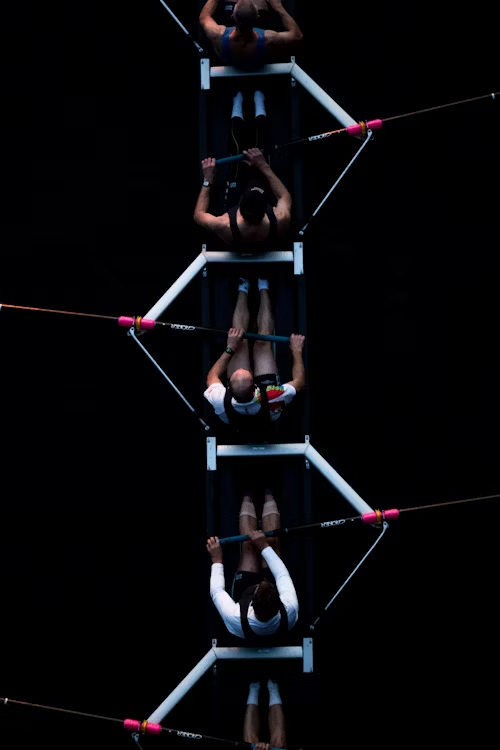Apr 23, 2024

I felt so fortunate to have taken a Global Learning Partners Dialogue Education training many years ago, and equally as lucky to have joined a team that has adopted Dialogue Education (DE) as a guiding philosophy and methodology for all our learning events and meetings. We have found a teamwide commitment to DE:
- Fuels collaboration, connection, and creativity
- Creates greater joy in practice
- Shares the actual (often demanding!) work of learning design
- Increases the impact of our work
- Grounds our team’s values of learning and development
At the same time, it takes intentionality in creating and supporting a team-wide approach to learning-centered design. Here’s what we’ve tested and adopted:
- Team training. Although resource intensive, taking courses together is the best way to create a strong shared foundation of learning. With trainings with Global Learning Partners (GLP) you and your colleagues get to apply new learning right away to new and upcoming work. Whether in person or online, team training brings us together (a plus for virtual workforces) and strengthens the impact of our work.
- “In service” meetings. We regularly invite internal practitioners of Dialogue Education to provide a short training or refresher. The focus is usually about adult learning theory or models and helps strengthen our practice. The size of the group and frequency will vary, but these regular ‘boosters’ help ensure new and existing staff share a common vocabulary and way of working. It’s actually one of my favorite opportunities to provide this orientation, introducing new hires to Dialogue Education and resources.
- Community of practice. For each learning event (webinars, sessions of in-person meetings), we assign co-designers. Intentionally mixing seasoned designers with new staff helps to strengthen all involved. We also share event plans with our learners, and with the broader team as we move forward with our design work.
- Dialogue-centered processes. Our team has a strong affinity for trying new approaches, testing them, and sharing what works. We have templates for agendas and presentations, all which include prompts for learning-centered principles and practices. We also have a design checklist, as well as other tools that we can access in a shared space for ease of use. Our goal is to create resources that support us in our goal to be learning-centered.
- Debriefing. Doing something, reflecting on it, and then doing it differently next time based on what we learn, or praxis, is our one core team value. We schedule an event “debrief” after each learning session. Sometimes it’s quick (10 or 15 minutes) and sometimes we take a full hour. However, we have a standing practice of highlighting bright spots, appreciations, and elements we should adopt, adapt, abandon and address in the future. It’s definitely an investment, but such a powerful way to help in our ongoing organizational strengthening. Check out the worksheet we use.
As many of us appreciate, being learning-centered is a journey, and you’re never “done.” I am grateful I work with a team that values and supports each other in constantly improving our approach to strengthen our work.
What ways have you tried to support a team-wide approach for Dialogue Education?
Kristina Mody is a Certified Dialogue Education Practitioner, and is currently Associate Director of Practice Transformation at the California Quality Collaborative, part of the Purchaser Business Group on Health.
Here are other blogs by Kristina.
Other GLP resources that may be of interest to you include:



